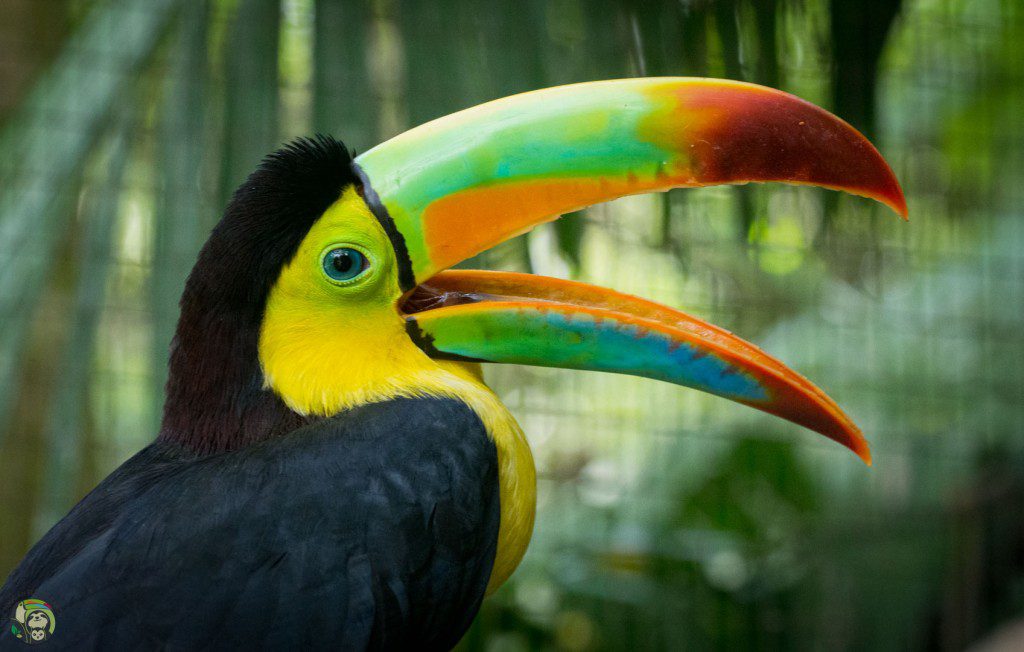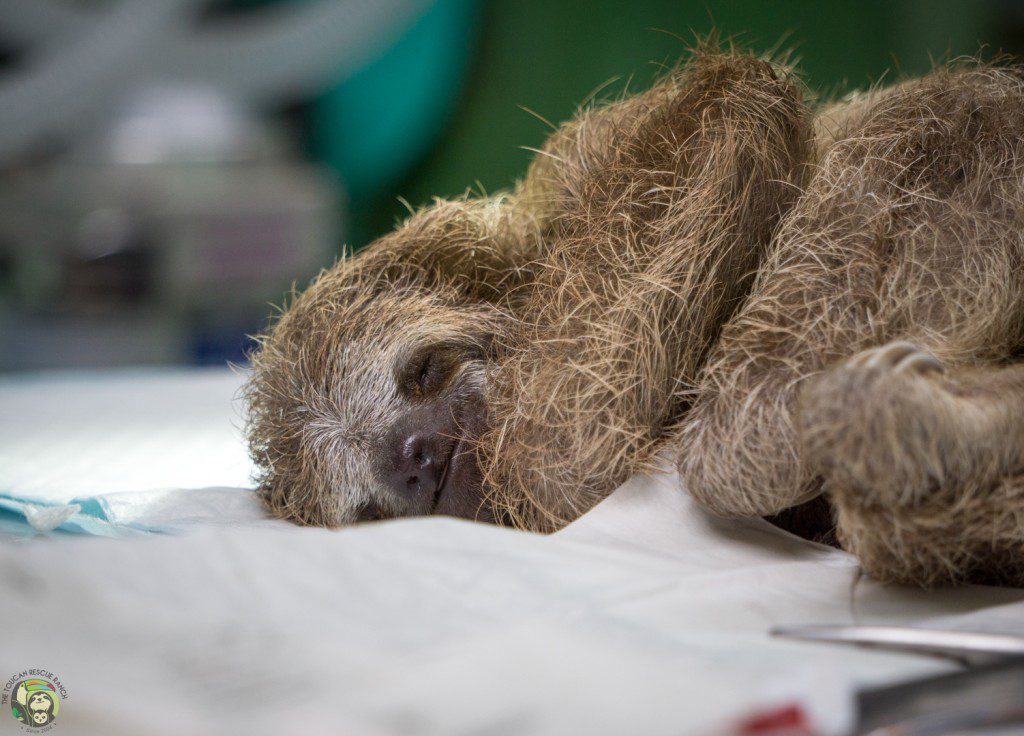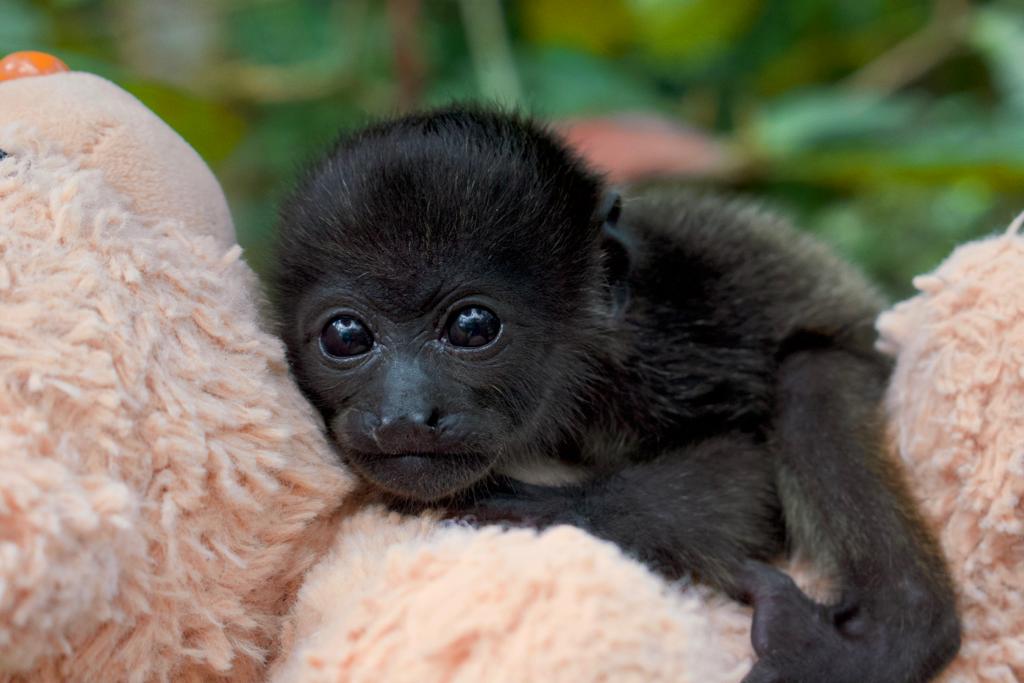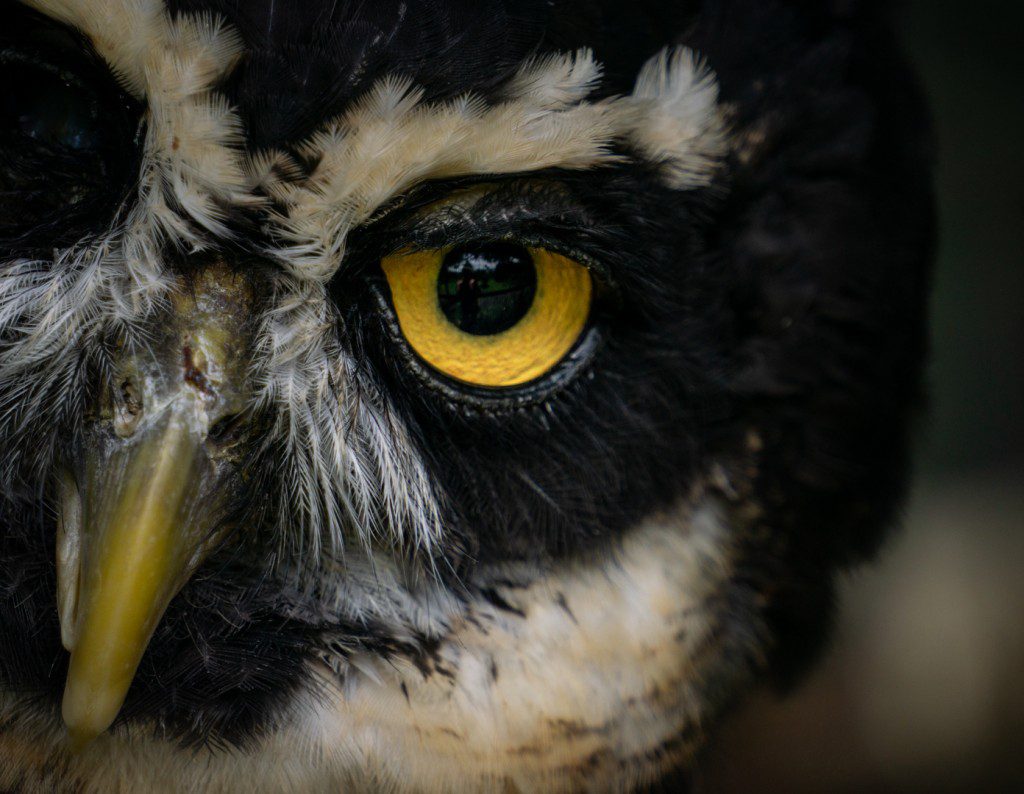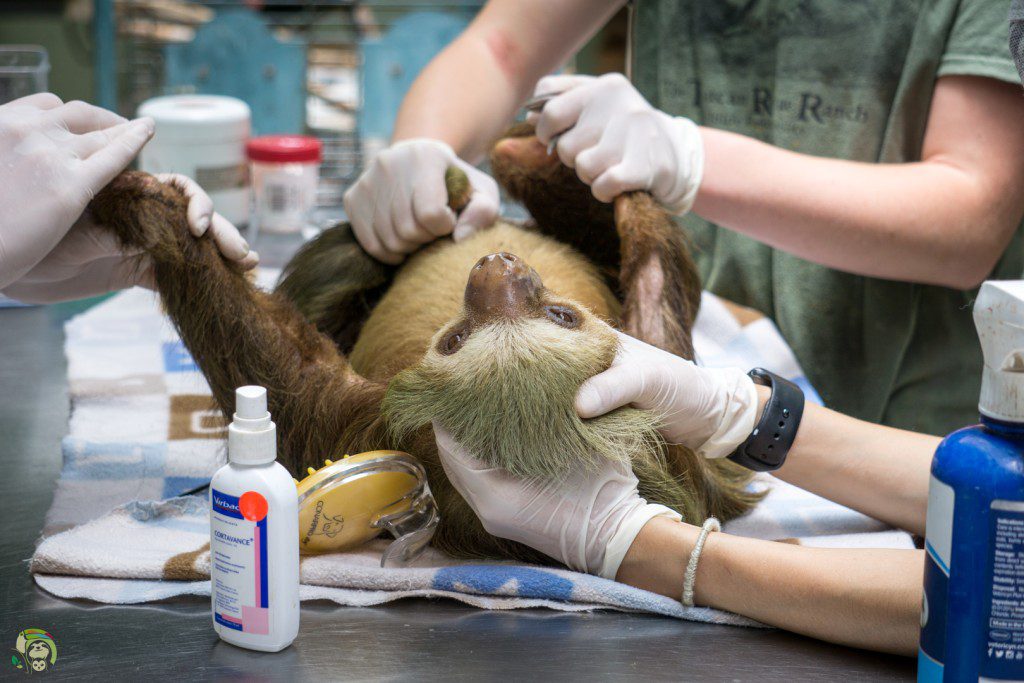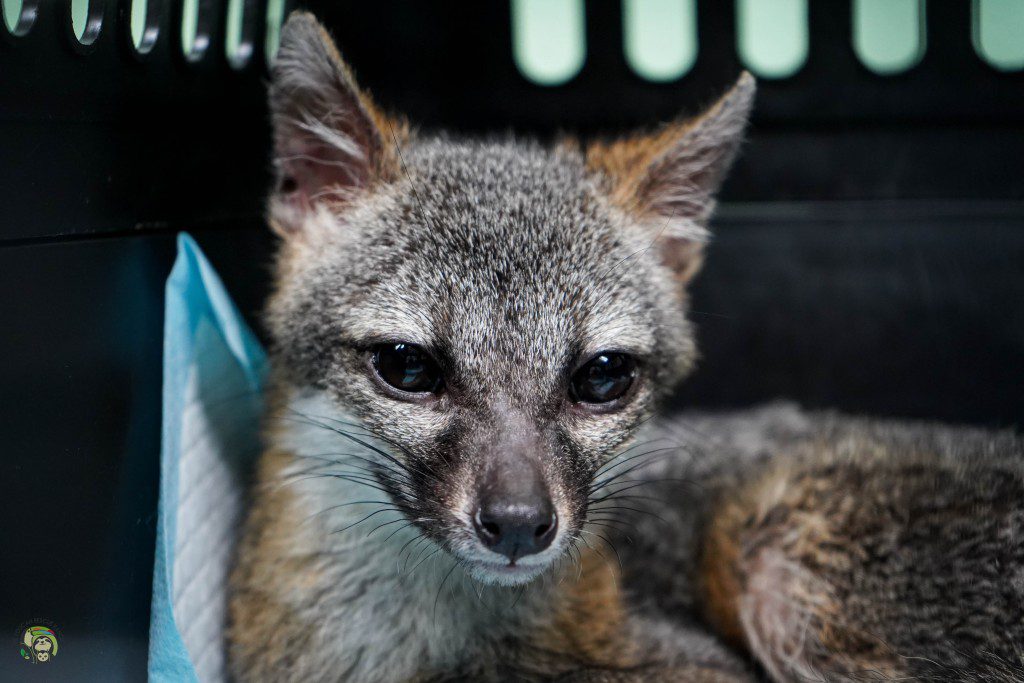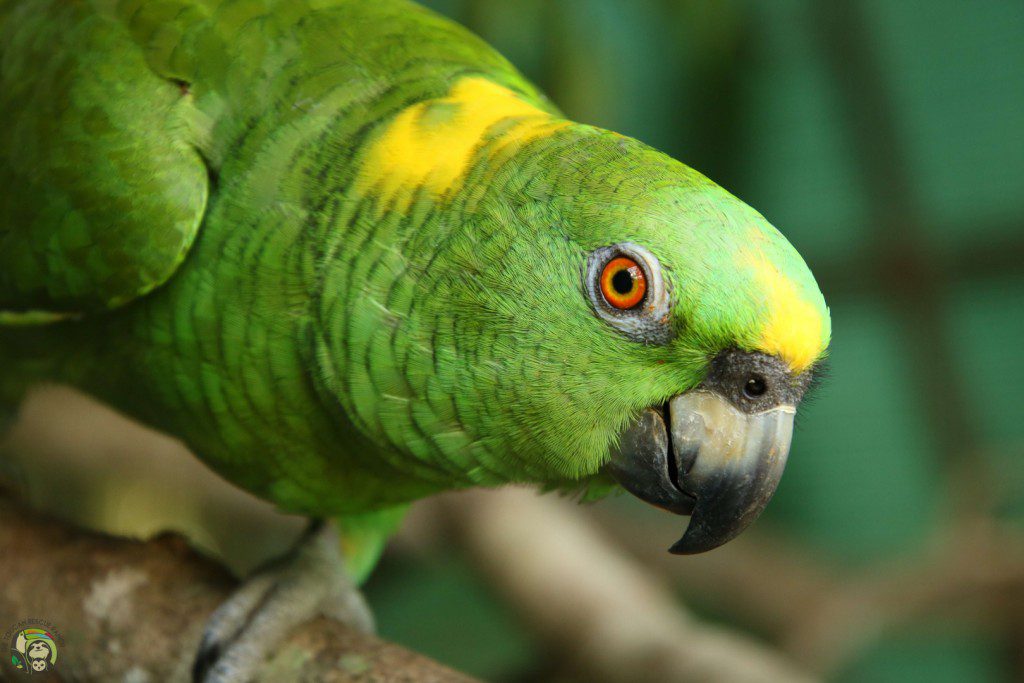Learn About our Programs & How You Can Get Involved!
Supporting Toucan Rescue Ranch’s programs allows us to improve, grow, and continue our vital mission of rescuing, rehabilitating, and protecting Costa Rica’s wildlife. By contributing to initiatives like Saving Sloths Together, Saving Toucans Together, Saving Raptors Together, and Saving Howler Monkeys Together, you help provide specialized care to these species. Our Keeping Costa Rica Wild program supports wildcats, monkeys, reptiles, and other animals in our care. Additionally, the WildMed Fund ensures our clinic stays operational, covering essential procedures and medicines, while the Parrot Retirement Fund supports long-term care for our large population of non-releasable parrots—our most expensive program. Each fund helps ensure the best care for our animals, whether it’s preparing them for release or providing a sanctuary home.


